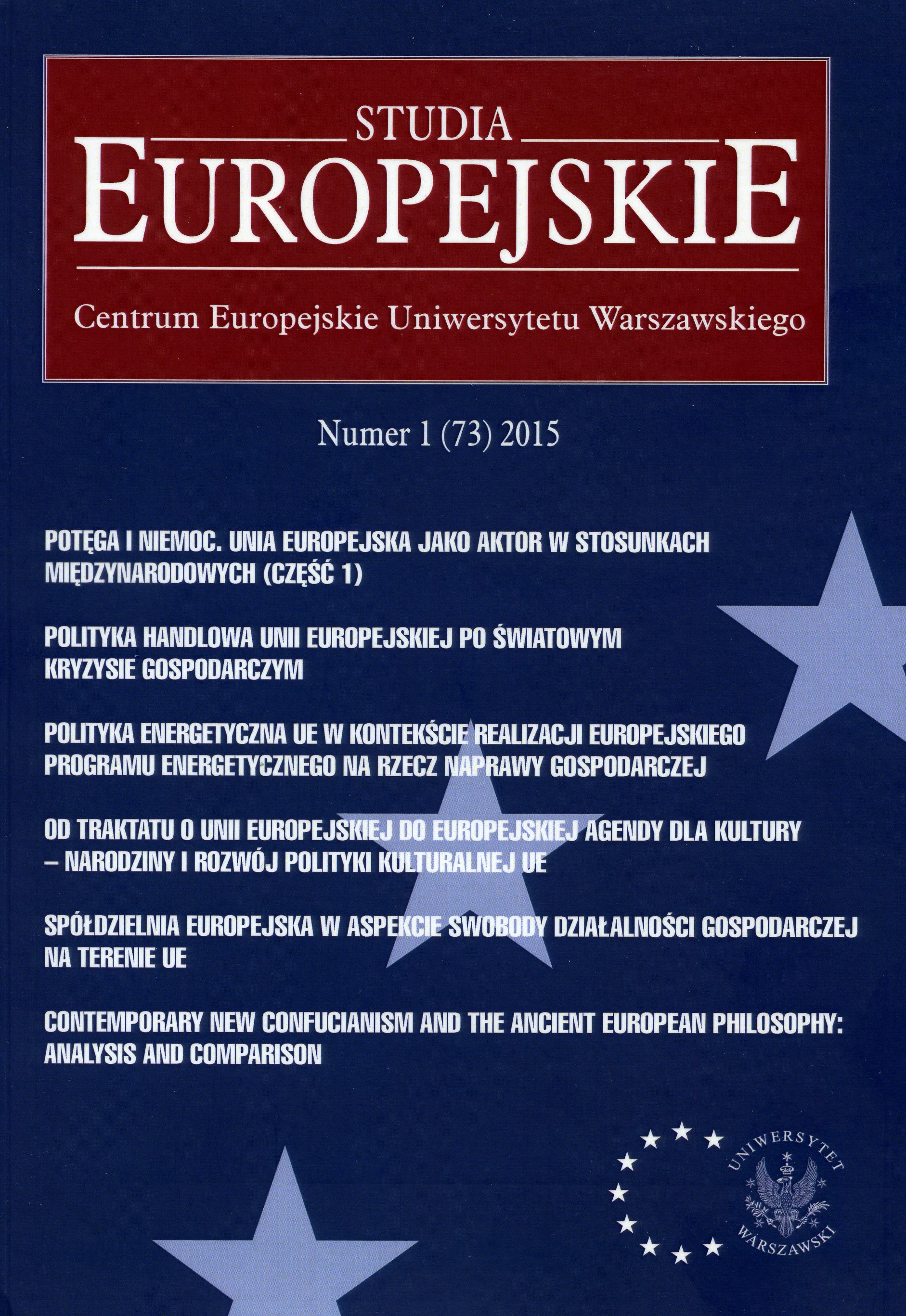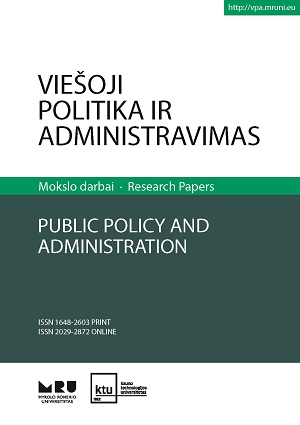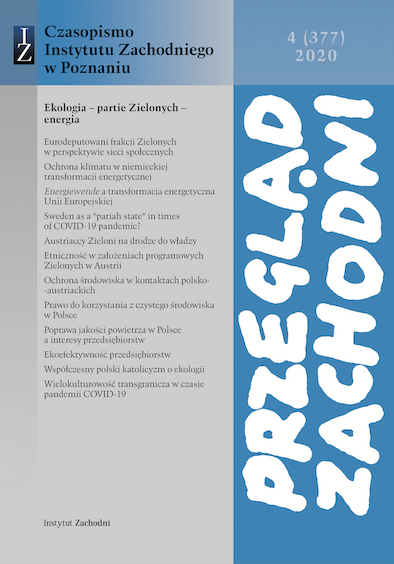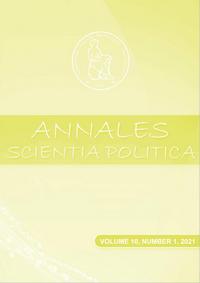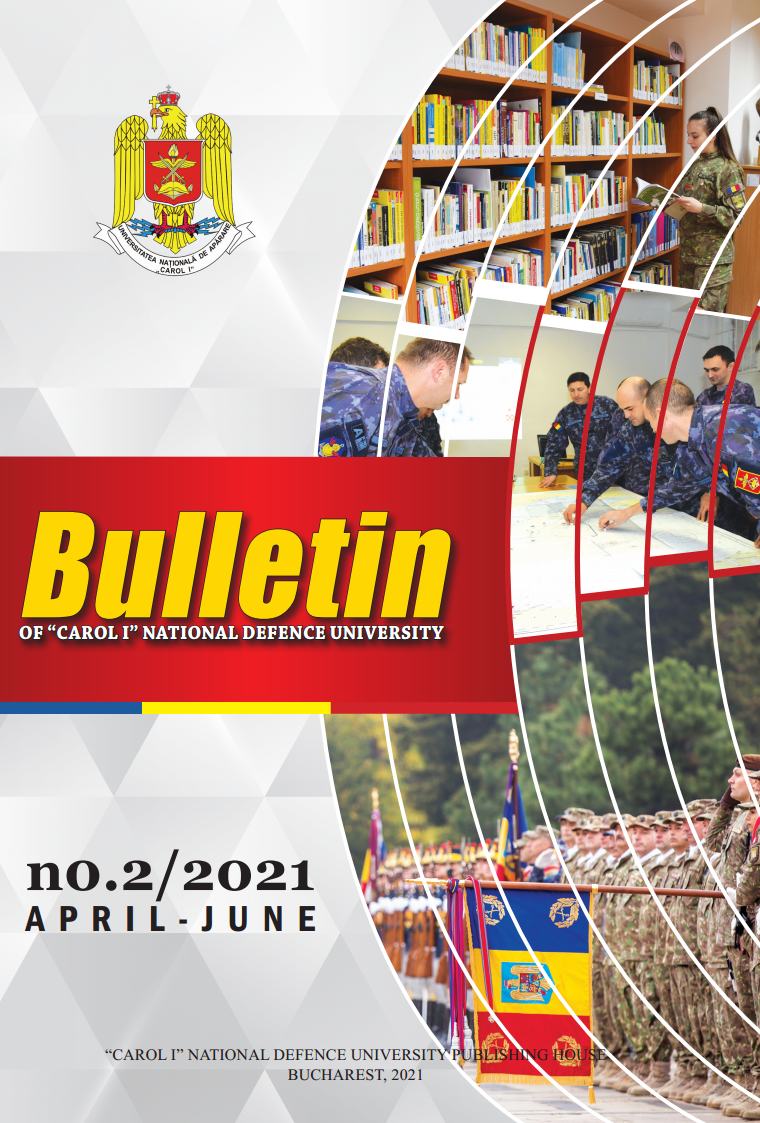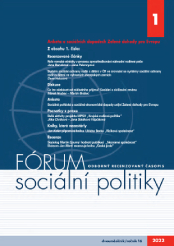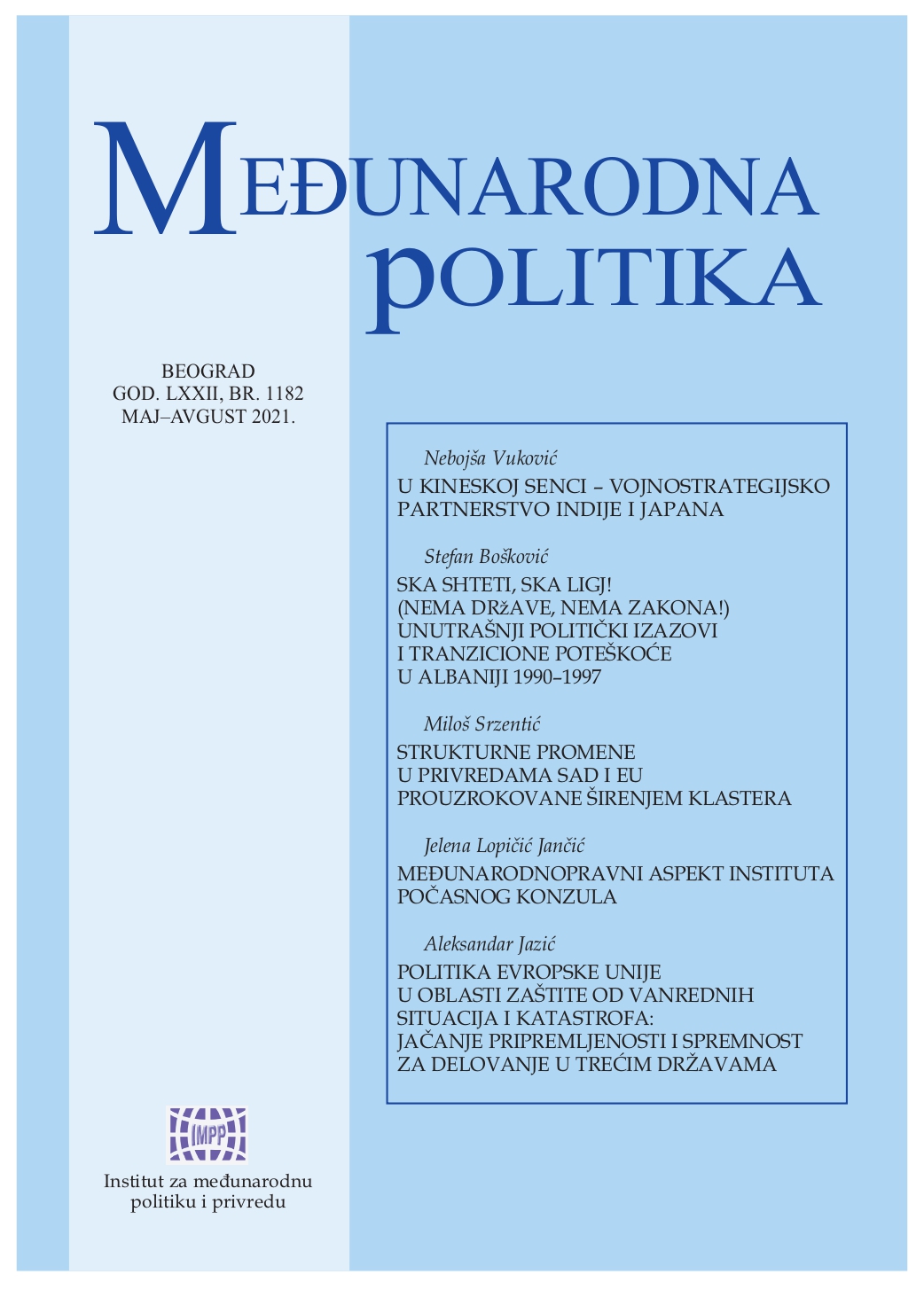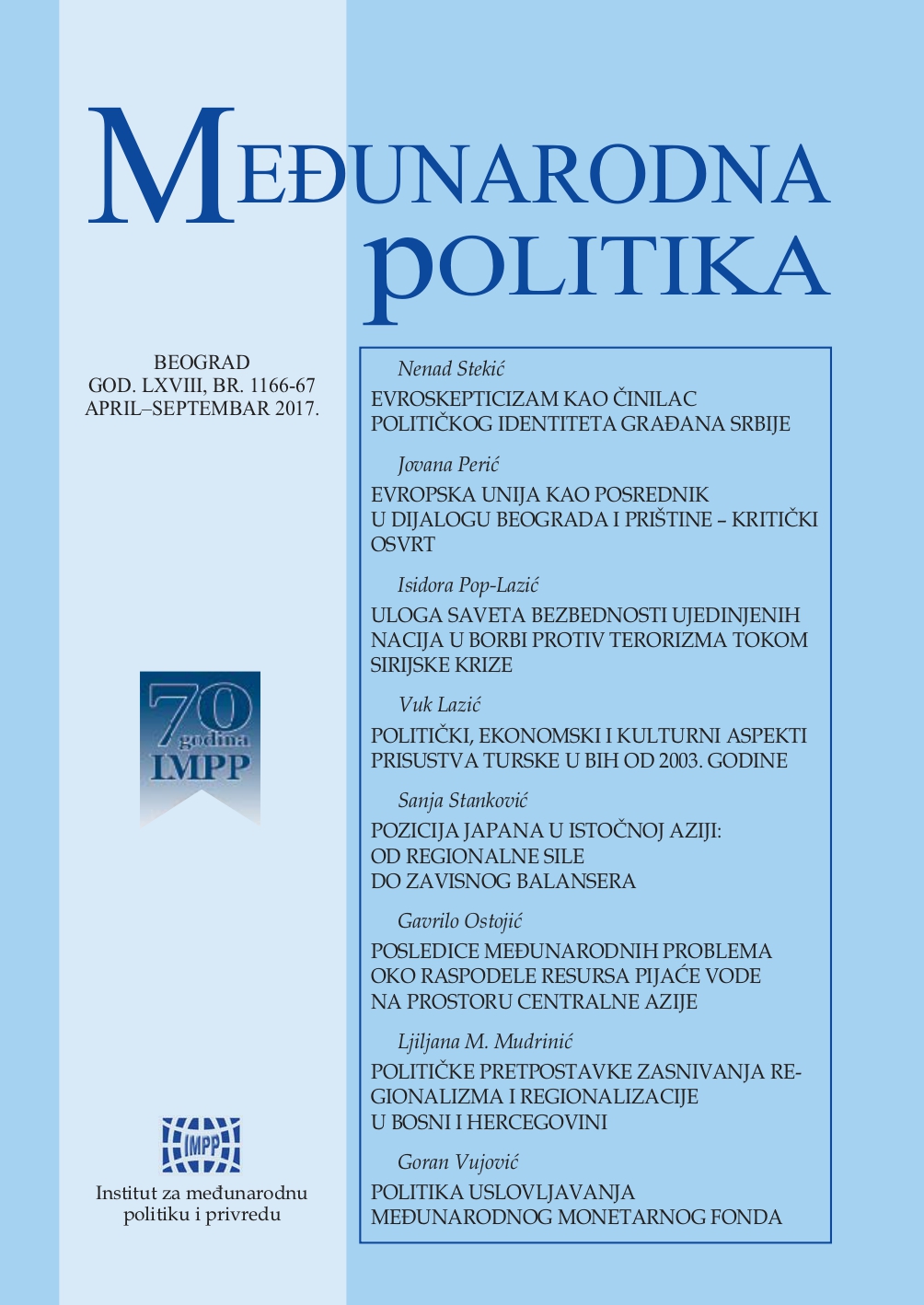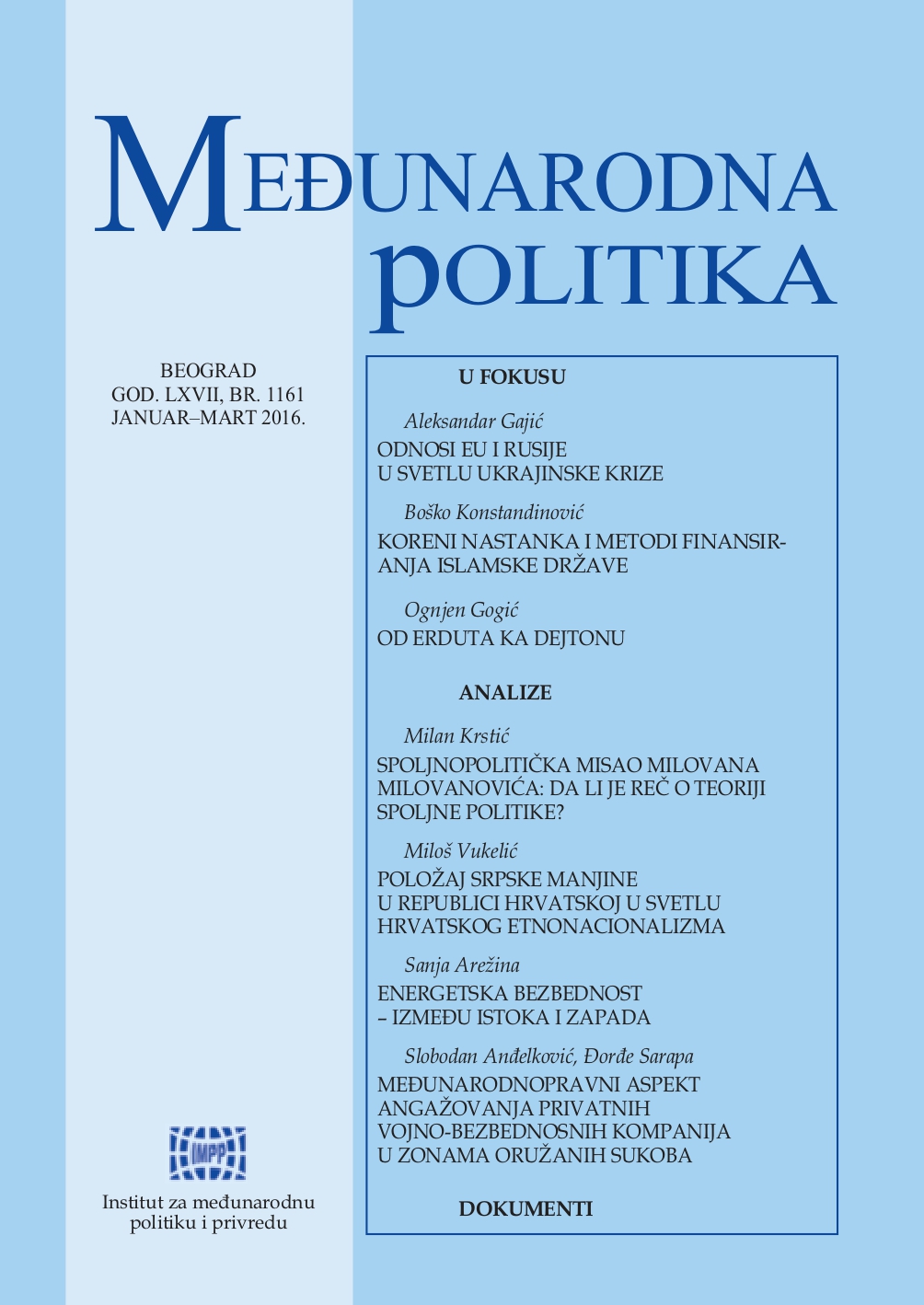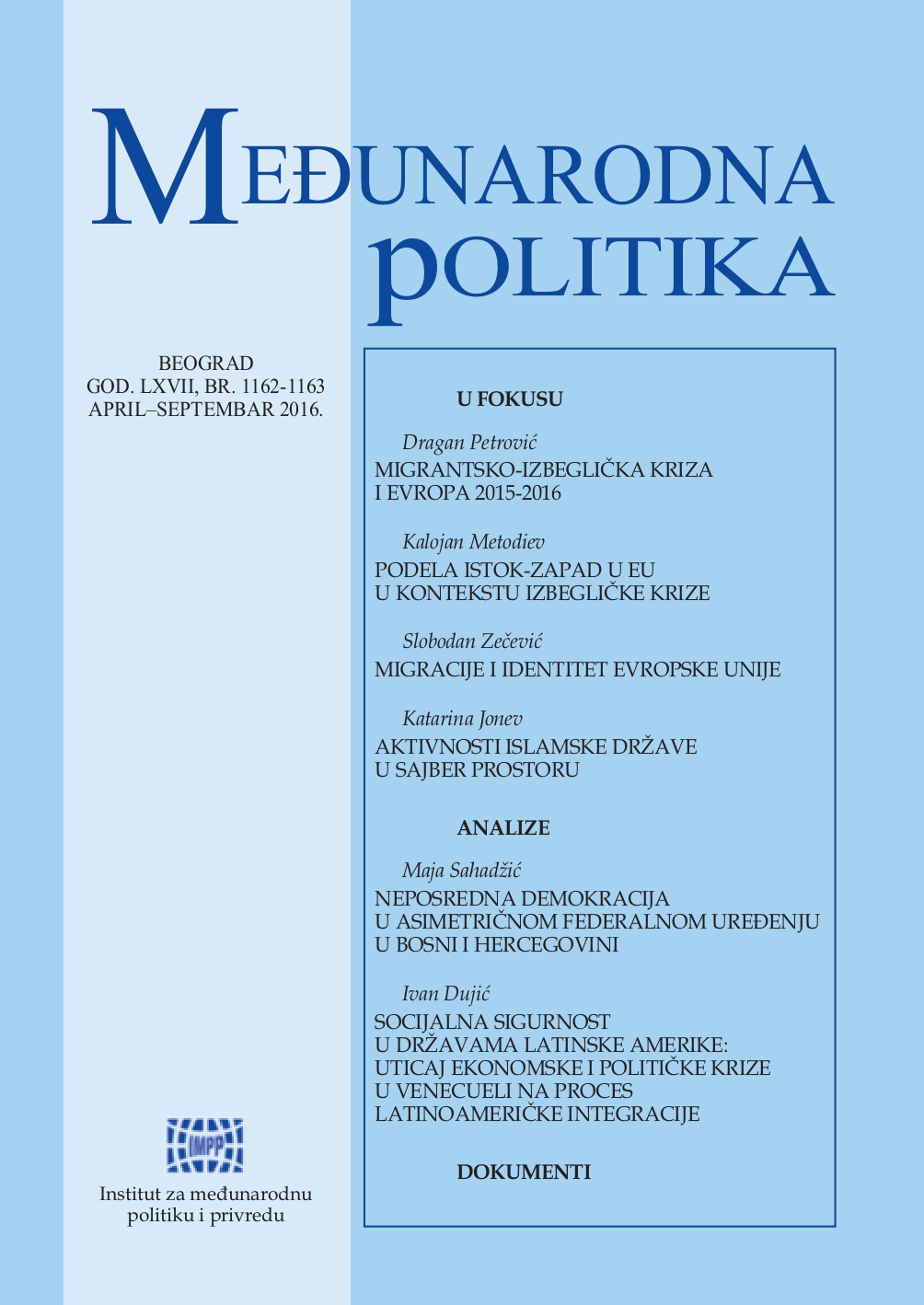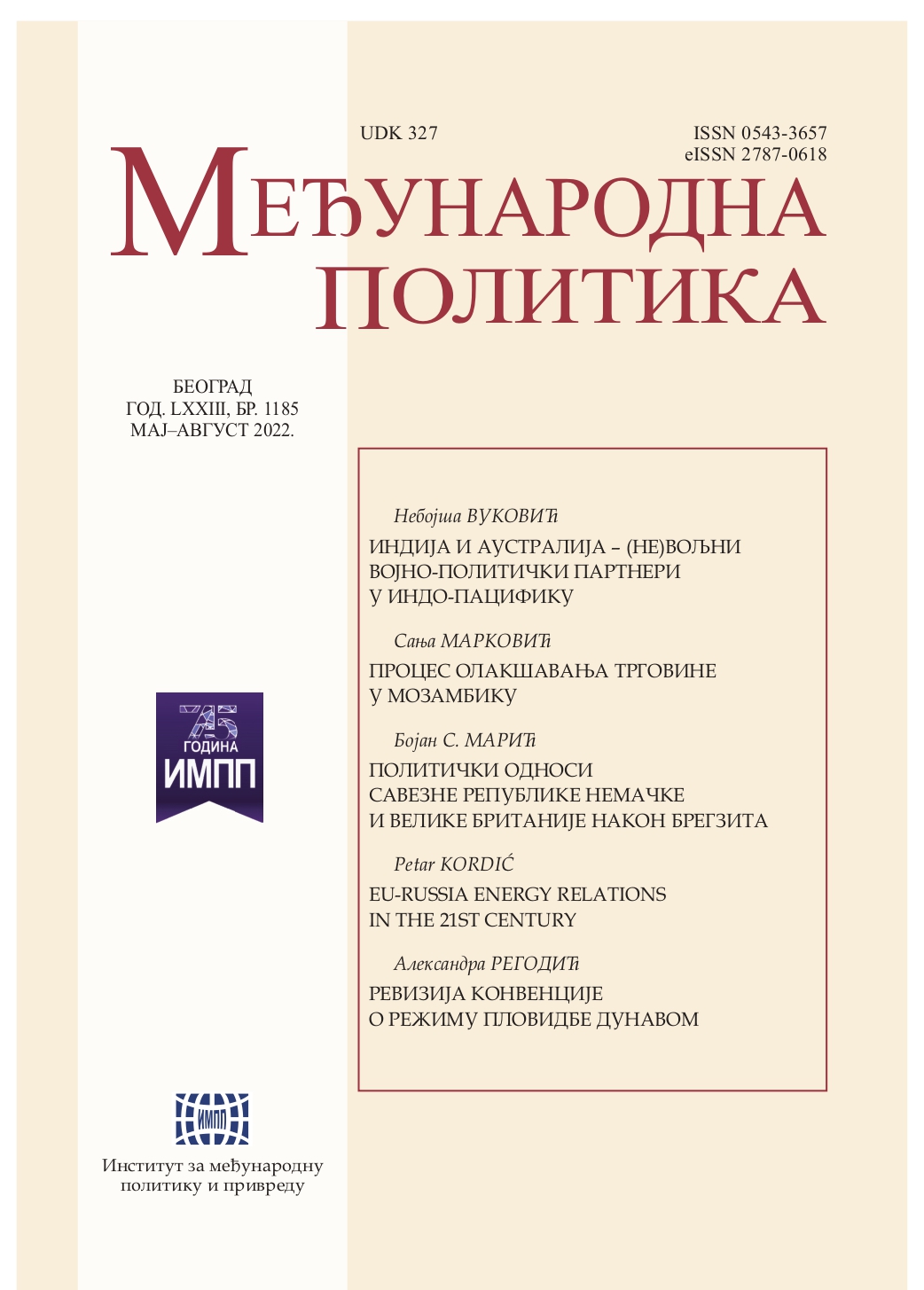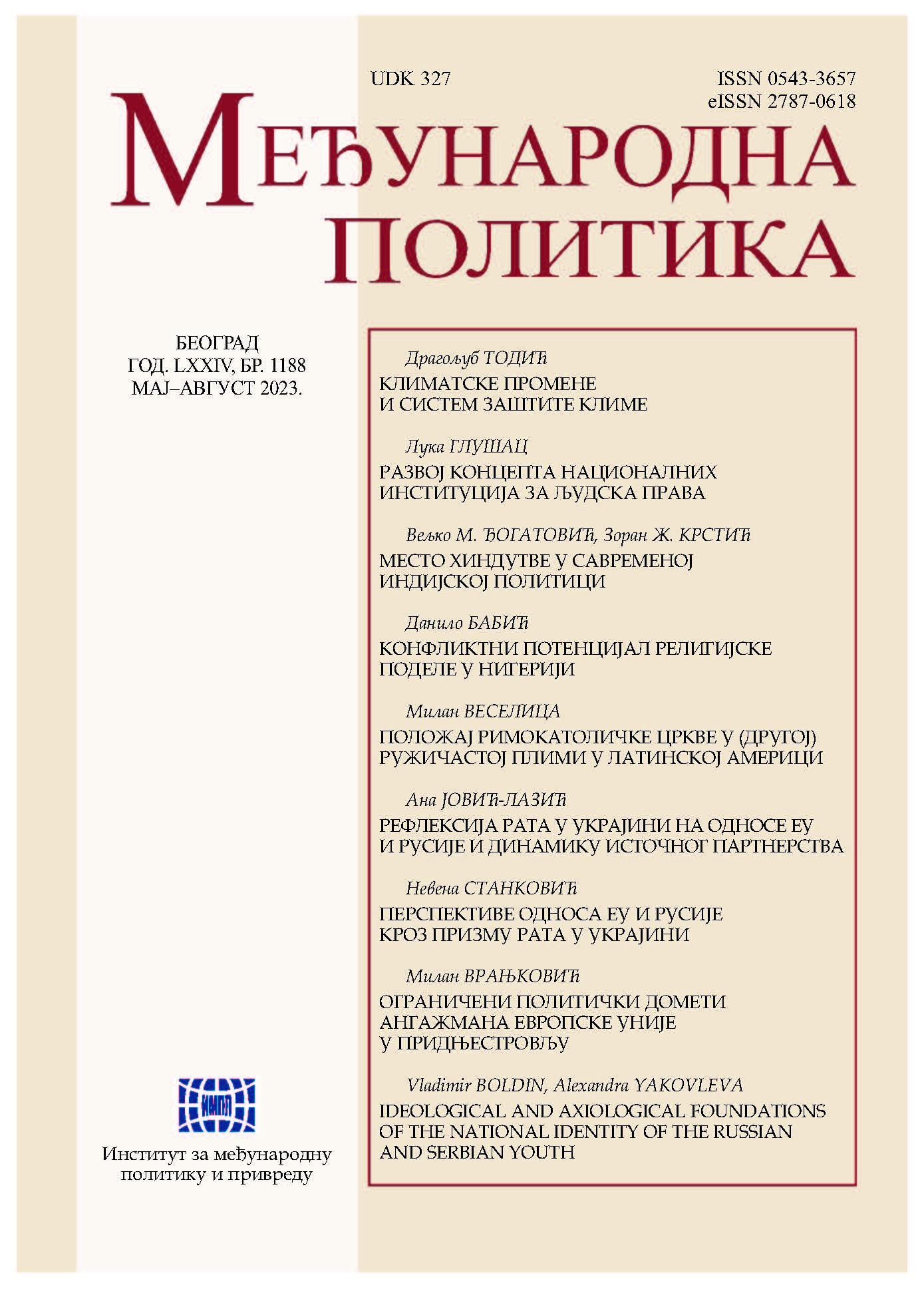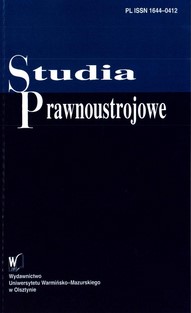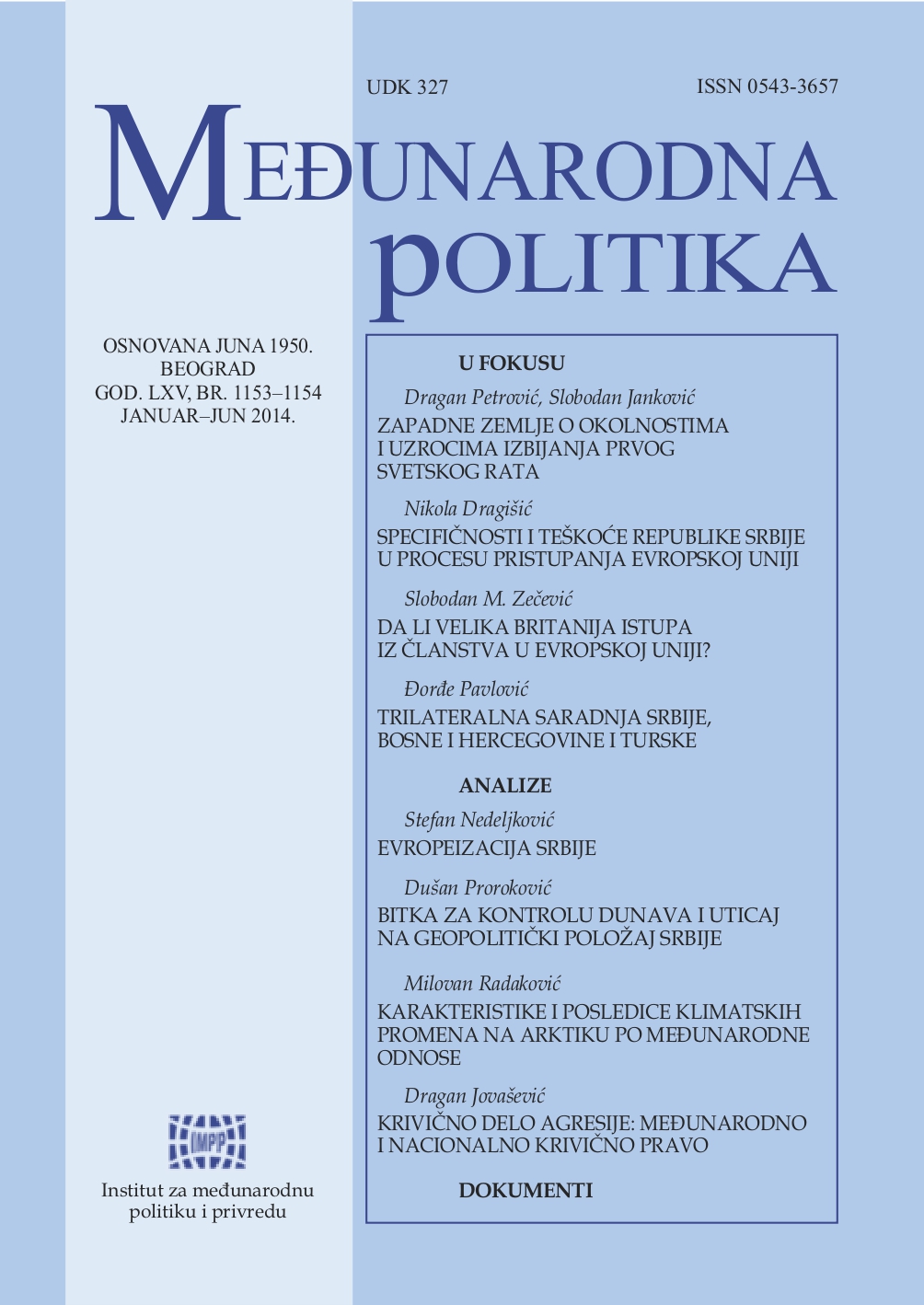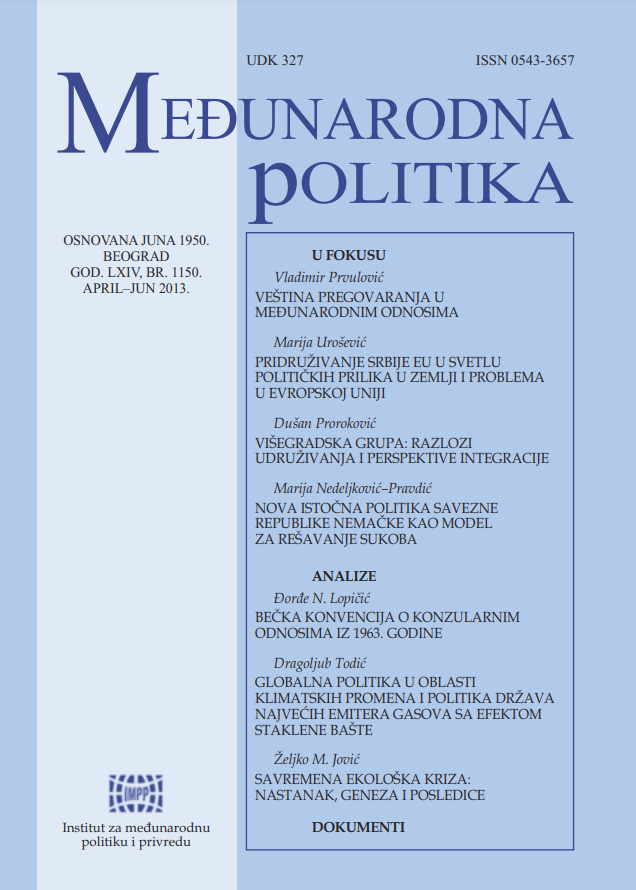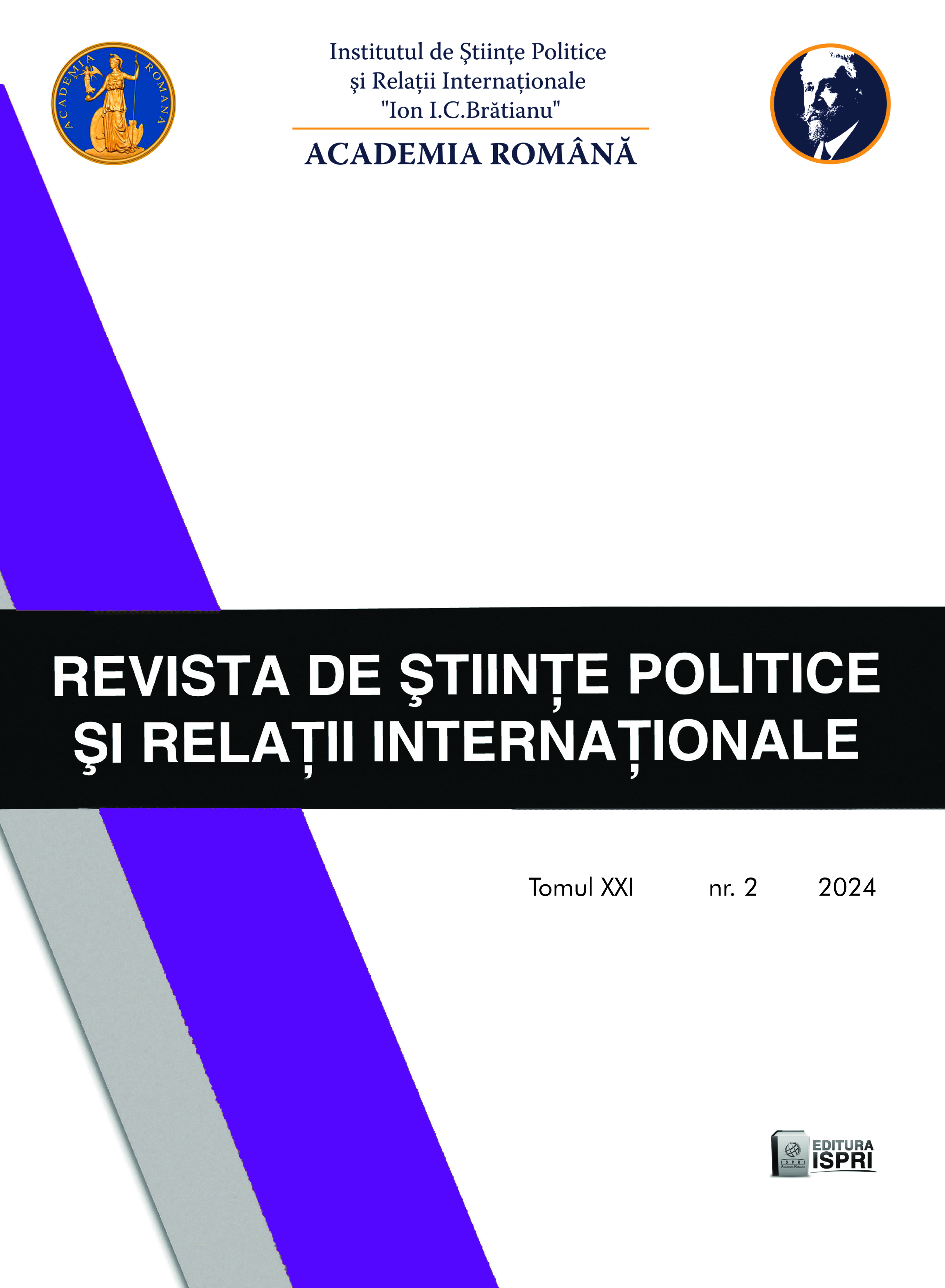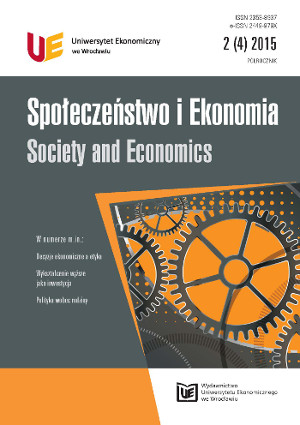
Polityka rodzinna państwa we współczesnej Polsce
The aim of this article is to draw attention to changes in family policy in Poland after 2008, primarily the increased involvement of the state (government) in the family matters. This state of affairs is noteworthy for two main reasons. Firstly, it seems that such a significant increase in activities of Polish government for families had not been since 1989. So far in the transformation reality of our country withdrawal of the state institutions of social tasks could be rather seen. Secondly it should be noted that this increased involvement falls in a period of economic crisis, and thus occurred despite the particular challenges to the economy and the risks for the possibility of state interference in the affairs of society. These changes and their conditions are worth noting, inter alia, in the context of a discussion which is recently animated on the basis of social policy and economics on the directions of transformation of the tasks of the modern welfare state.
More...
